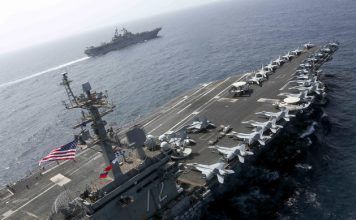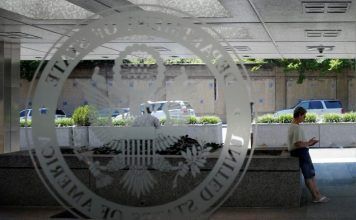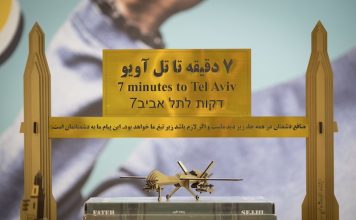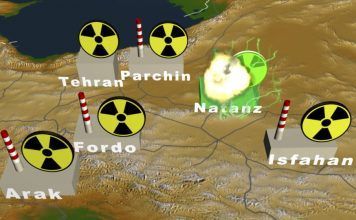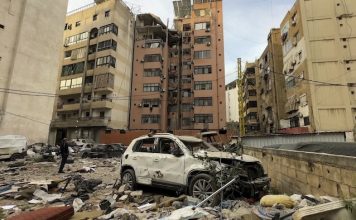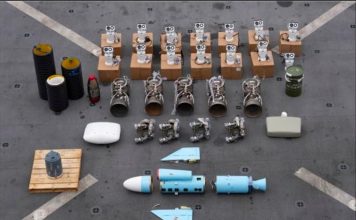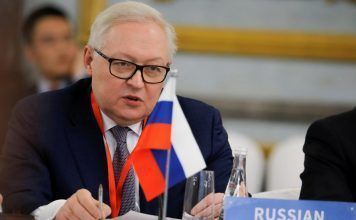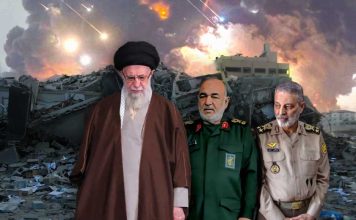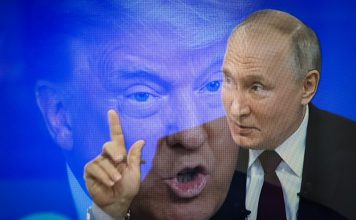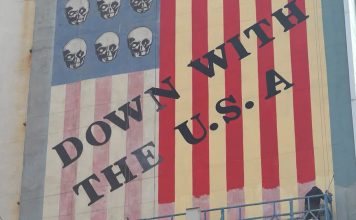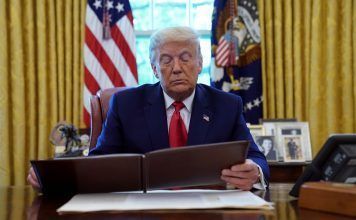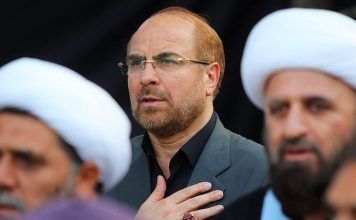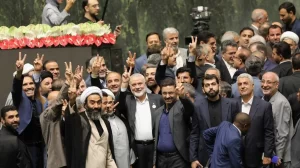
-Analysis-
From sources inside Iran, as well as around the Arab world, the first elements are emerging of how the high-stakes mission to assassinate Hamas leader Ismail Haniyeh in Tehran may have been successfully carried out.
The Pan-Arab TV channel Al-Mayadeen, which is politically allied with the Lebanese militant group Hezbollah, reported Wednesday that Haniyeh was killed by a projectile fired from abroad, rather than by agents inside the Iranian capital. The attack was attributed by all sources to Israel, which has refused to comment.
Haniyeh was killed alongside a bodyguard in a government guest house in northern Tehran, hours after having met with Iran’s Supreme Leader Ayatollah Ali Khamenei. He was in Tehran to attend the inauguration of Iran’s new president, Masoud Pezeshkian.
Nournews, a website close to Iran’s Supreme National Security Council, reported a similar series of events, saying Haniyeh was killed at 2:30 a.m. by a projectile, and that authorities in Tehran were investigating where it had been fired from. While it wasn’t immediately clear whether the weapon was a missile, rocket or drone, reports say that high-tech guided equipment was used in the strike.
The projectile claim is important to the regime, as it would absolve Iranian authorities of security lapses — in the capital, no less. If instead, he was killed by an on-the-ground commando raid, there would be grave criticisms for failing to protect the lives of government guests, or even that Iranian agents could have been working with Israel.
Israeli collaborators inside Iran?
Al-Mayadeen knows its cue on that. According to local reports, after attending the presidential inauguration and meeting with Khamenei, Haniyeh visited an exhibition called Land of Civilizations, relating to the war in Gaza, near the Milad Tower in northwestern Tehran. Pictures taken there showed Haniyeh and the head of Islamic Jihad, another Palestinian group, surrounded by a security outfit.
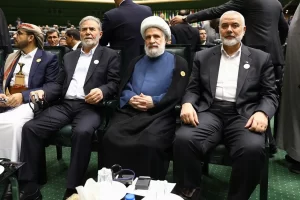
While Israel did not immediately claim responsibility, the it had been clear after the Oct. 7 attack that it would not balk at eliminating Hamas leaders. This would not be the first time Israel has picked off such a major target.
On July 24, Iran Information Minister Ismail Khatib told a gathering of clerics that Iran had eliminated a purported network of Israeli collaborators striking at targets inside Iran. He warned that “any country harboring a nest against our country’s security will not be safe.”
Iranian reactions
Of course the projectile thesis is not implausible, as Israel has used them to strike Iranian installations. But whatever the means used, this was yet another blow to Iranian security and its oft-repeated claims that it has all the intelligence it needs, for defensive and offensive purposes.
This is also a first crisis for Pezeshkian, freshly-delivered on the first day of a presidential term that will likely be marked by a string of crises. Just 24 hours earlier, he had hugged and kissed this minion of the Iranian regime, paid like others to fuel mischief in the Middle East.
The media was warned not to “incite” public opinion.
Meanwhile, Hussein Alaee, a senior Revolutionary Guards official reported to be close to Iran’s reformist camp, swiftly accused the United States of “close operational and intelligence complicity” in the killing.
The routine of official reactions has ensued: The incident (like the earlier, accidental death of then President Ebrahim Raisi, which Israel said had nothing to do with it), will be discussed in the Supreme National Security Council and parliamentary National Security and Foreign Policy committee, alongside a usual threats against Israel and its Western allies.
The Chief Prosecutor’s office has also warned the media not to speculate on the matter and “incite” public opinion. Anyone making “irresponsible” declarations about the incident, it stated, “disrupting society’s sense of security by publishing fake contents, claims and insults, will face legal action.”
All rights reserved@WorldCrunch/Kayhan London/Life

